SC Reinstates ANI’s Defamation Case Over Its Wikipedia Page
- ByAdmin --
- 09 Jun 2025 --
- 0 Comments
In a significant ruling that brings digital content and reputational harm into sharper legal focus, the Supreme Court of India has reinstated a defamation case filed by news agency Asian News International (ANI) over alleged defamatory content published on its Wikipedia page. The decision reopens important questions regarding liability for user-generated content on collaborative platforms and how Indian defamation law applies in the digital age.
Background of the Case
ANI had initially filed a criminal defamation complaint against unnamed individuals, alleging that false and malicious information had been inserted on its Wikipedia page, tarnishing its reputation as a news agency.
The complaint, dismissed earlier by the lower court on the grounds that Wikipedia is an open-source platform where anyone can edit content, was challenged by ANI before the Supreme Court. The apex court has now revived the case, stating that the matter requires deeper judicial examination, especially when reputational harm is caused through digital content.
Key Legal Issues Raised
The Supreme Court’s decision to reinstate the case brings attention to a number of evolving legal and constitutional concerns:
1. Digital Defamation and Online Platforms
- Indian Penal Code (IPC), Section 499 and 500 define and penalize defamation, whether spoken, written, or published.
- The Court has recognized that defamatory content hosted or disseminated via digital platforms can fall under these provisions, particularly if the content is:
- Falsely imputing statements harmful to an individual or entity’s reputation
- Created or shared with malicious intent
2. Liability in User-Generated Content
- The legal complexity stems from the fact that Wikipedia is a community-edited platform with no fixed publisher.
- However, the Court pointed out that just because a platform allows open editing does not exempt users or authors from liability, especially if malice or deliberate intent to harm reputation can be established.
- This decision does not hold Wikipedia as a platform liable, but rather focuses on the individuals who authored or altered the defamatory content.
3. Right to Reputation Under Article 21
- The Supreme Court has previously upheld that the right to reputation is an intrinsic part of the right to life and personal liberty under Article 21 of the Constitution.
- The ANI case reaffirms that digital defamation can infringe upon this right, particularly for media organizations whose credibility directly affects public trust.
Key Takeaways from the Ruling
- Defamation laws apply to online content: Regardless of platform type, defamatory material can lead to legal consequences.
- Open-source nature does not mean legal immunity: Individuals who create or edit content on collaborative websites can still be held liable.
- Reputation in the digital age matters: The judgment recognizes the growing influence of digital platforms on public perception and their capacity to cause lasting reputational damage.
- Prima facie harm is enough to warrant legal proceedings: The Court did not rule on guilt but restored the case, allowing the trial court to examine whether criminal defamation has occurred.
Broader Implications for Media and Online Platforms
- Content moderation: This ruling may push collaborative platforms to review mechanisms for detecting and correcting defamatory content more quickly.
- Digital accountability: It strengthens the idea that online anonymity does not protect users from legal scrutiny if reputational harm can be proven.
- Media protection: For traditional media houses like ANI, this ruling reinforces legal protections against coordinated digital smear campaigns.
Conclusion
The Supreme Court’s reinstatement of ANI’s defamation complaint underscores a growing judicial recognition of the intersection between free speech, accountability, and reputation in the digital domain. By allowing the case to proceed, the Court has not only given ANI a chance to clear its name but has also signaled that online platforms and their users are not beyond the reach of Indian defamation law.
In an era where online narratives can be weaponized and reputations tarnished within minutes, this ruling brings clarity and balance to the enforcement of defamation laws in the digital world. The case will be closely watched for its implications on how user-generated content is policed, published, and prosecuted in India.

















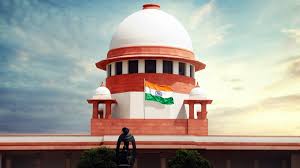


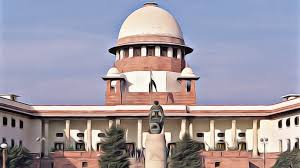

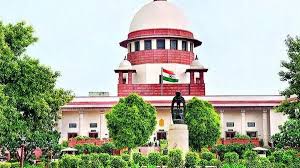









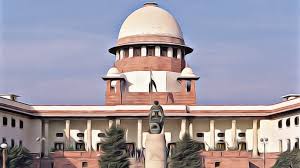




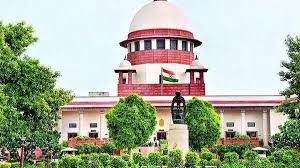



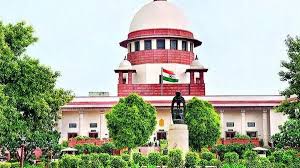
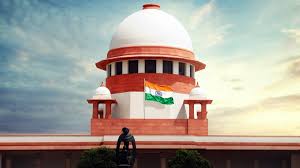



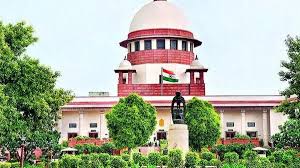



















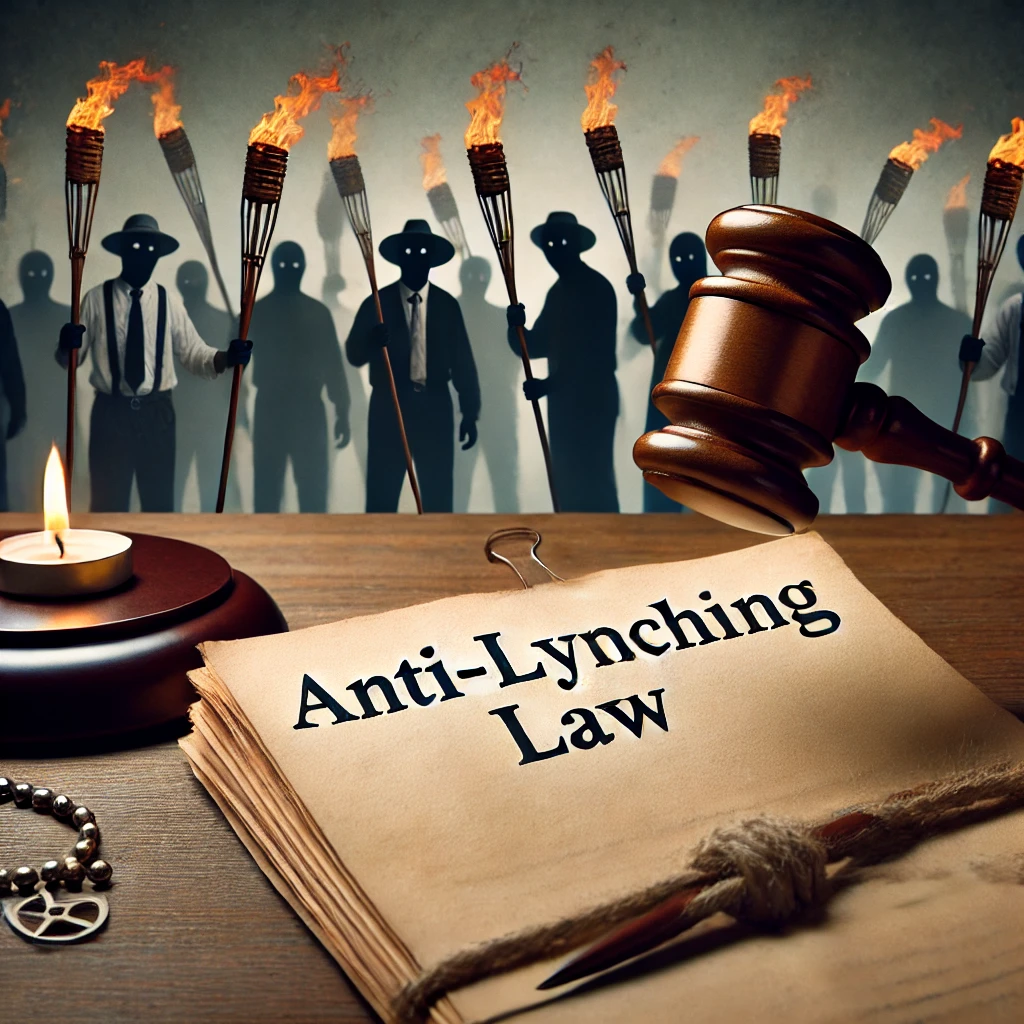
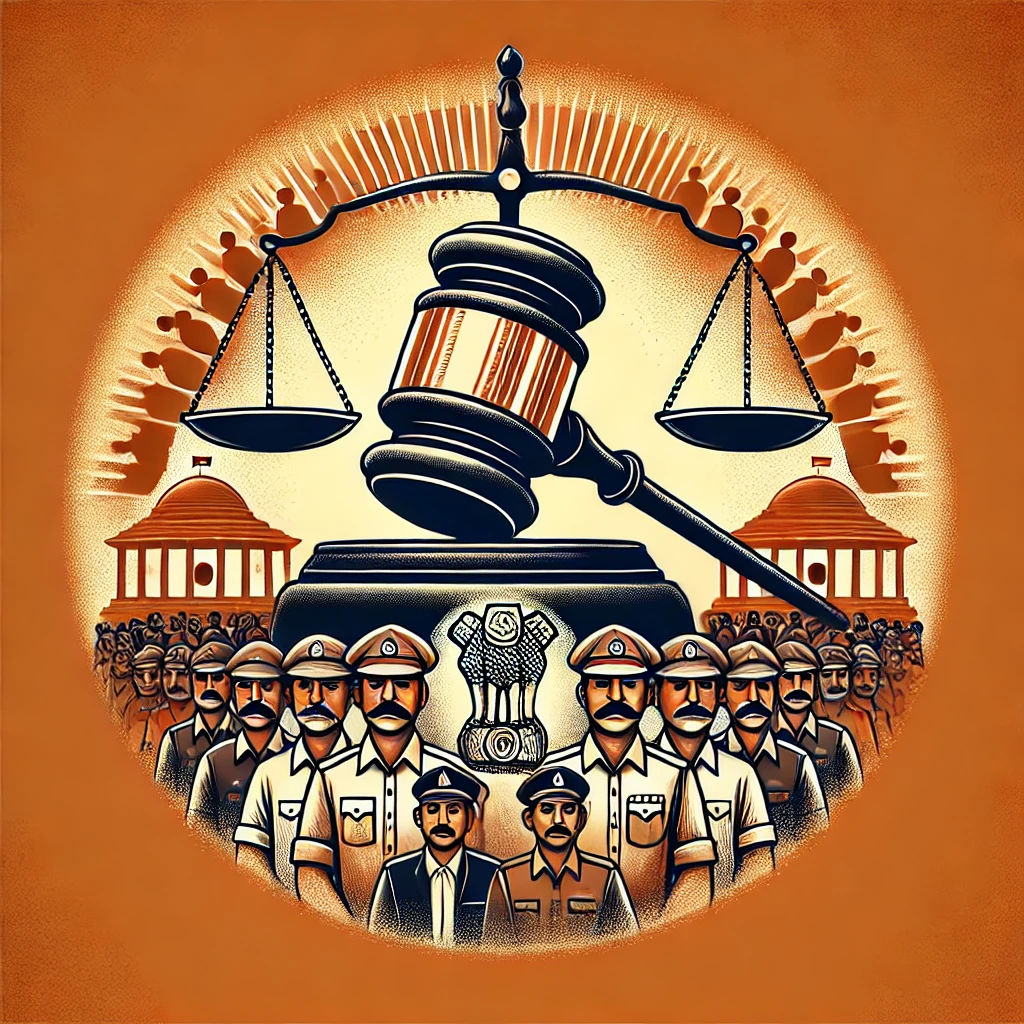

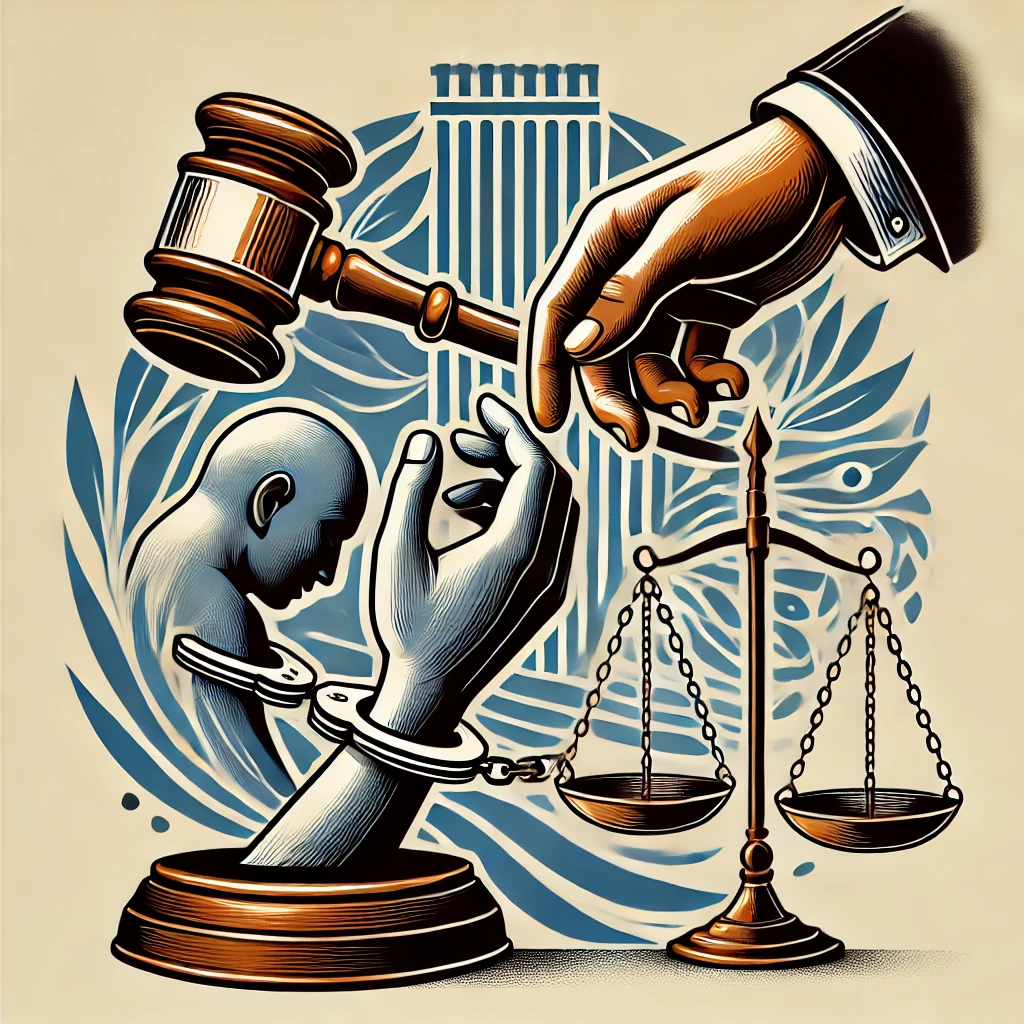























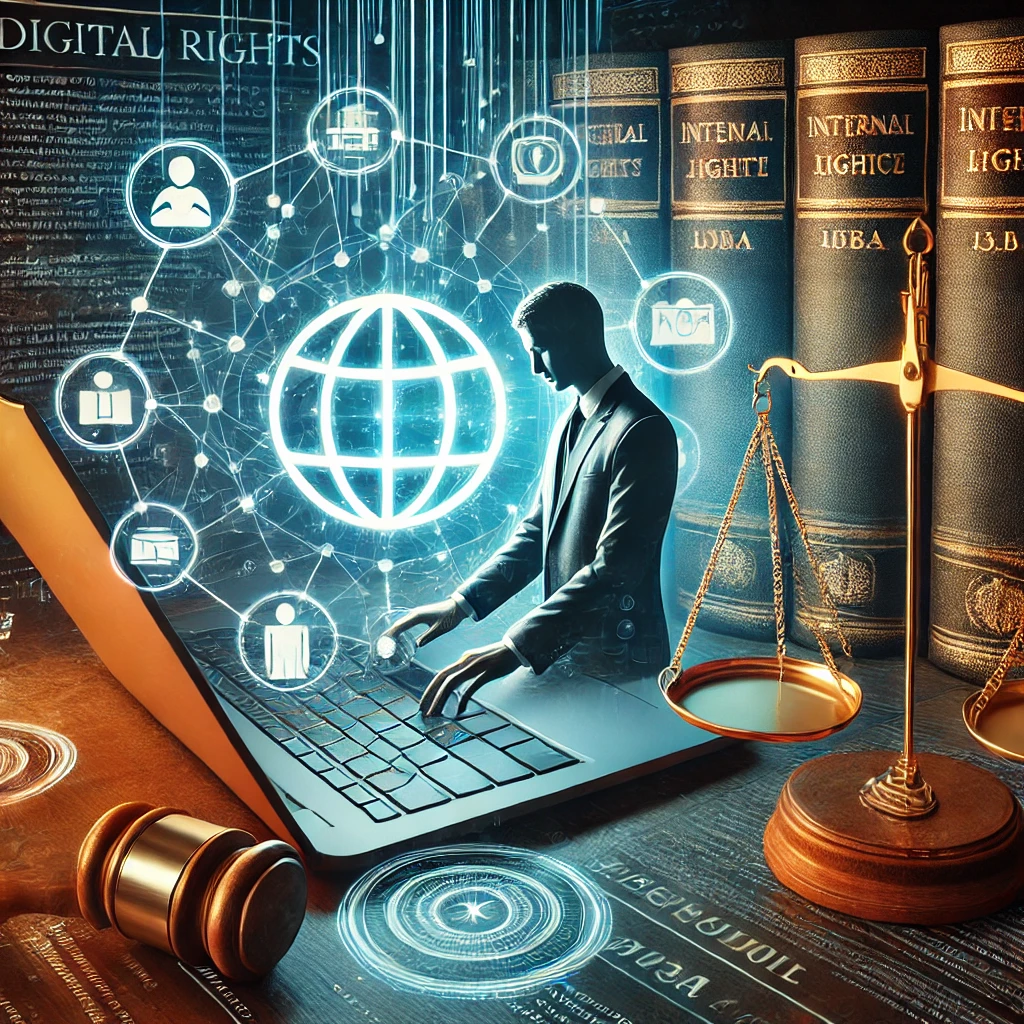




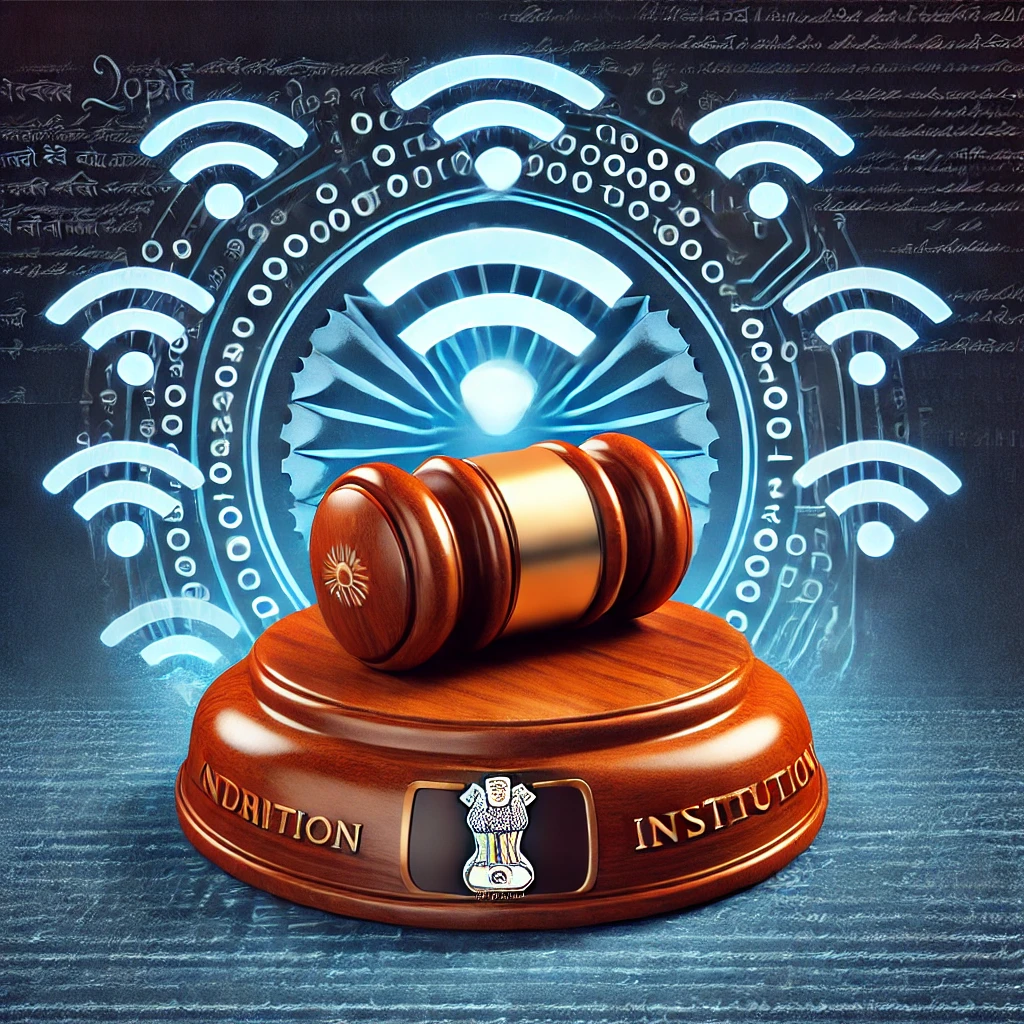





























































































































































































































































































































































































































































































































































































































































































































































































































0 comments